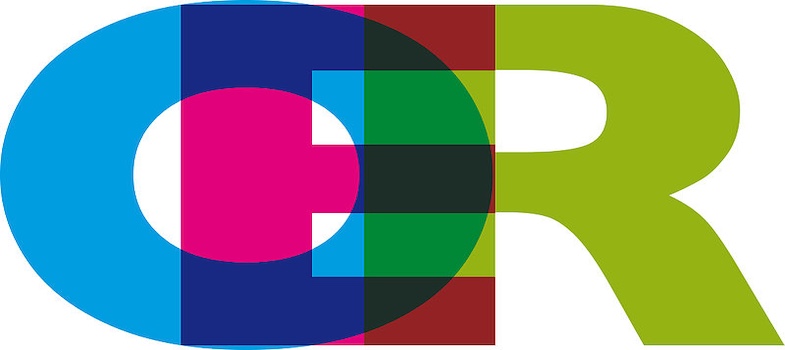3.5.8 CC BY NC ND 4.0 licence

Features
- Credit must be given to the creator
- You can copy and distribute the material in any medium or format.
- You can share the resource for non-commercial purposes.
- You cannot modify or adapt the material but can share only.
This is an extremely restrictive licence and, like the CC BY ND licence, should be used with care to avoid compromising the power and potential of OER. Like that licence, CC BY NC ND is particularly suitable for literary works such as novels and academic books, and for legal texts, More details are available at https://creativecommons.org/licenses/by-nc-nd/4.0/deed.en
Example
Taylor & Francis Open Access book content is published under CC BY NC ND 4.0 so that their work can only be shared and not edited or sold for commercial purpose. There's more information here: https://www.routledge.com/our-products/open-access-books/publishing-oa-books/cclicenses.
Conditions to be met
Once you use the licenses, you can't take them back
Only the copyright holder has the authority to apply a CC licence to a copyrighted work. For instance, if you are employed by an academic institution, the resources you create may be considered the property of that institution, and you may not have the right to apply for a licence if producing that work falls within the scope of your job.
Ensure that you are using the latest version of the license, for example, 4.0
Ensure that the licence grants permission for your intended use. For instance, if it specifies "Non-commercial," the licence implies that you cannot commercialise the materials you have used, and others cannot do so if you have published them.
If you are publishing, for example, a presentation as OER, but wish to restrict the use of certain images by others, specify in the notice which elements are covered by the license.
If you are publishing your work on your website or platform, that's acceptable. However, if you choose to use any other platform for publishing your work, make sure to review their obligations.
If the owner has already shared their work and still holds the conventional copyright, they can apply for Creative Commons licences to license it differently.
